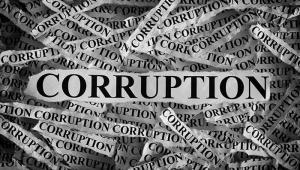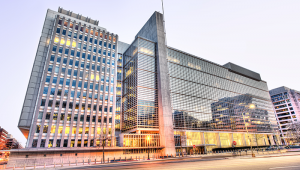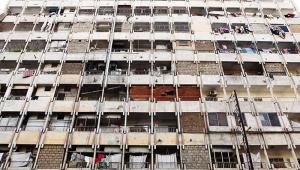Jordan’s economic growth and reform plan, formed in response to external shocks such as the Syrian Civil War, is expected to be supported by the package.
This – ‘second equitable growth and job creation development policy loan’ (DPL2) – brings the World Bank’s total commitments to Jordan to $2.78bn - equivalent to 7% of the country’s GDP.
Jordan hosts some 1.3 million Syrian refugees, 90% of whom reside outside refugee camps, competing for jobs alongside Jordanians, according to the government. Over the past decade the country has also wrestled with a sudden halt to its main energy supply and the cutting-off of trade routes through neighbouring economies.
The government agreed a $723m loan from the IMF in 2016 with the aim of reducing the debt-to-GDP ratio from 95% to 77% in 2021.
Debt-reduction measures have proved controversial, with the previous prime minister Hani Mulki resigning last summer under pressure from massive protests.
Jordan’s agreement with the World Bank indicates a reduced emphasis on the “massive fiscal consolidation” of the past few years, although its debt-to-GDP ratio still stood at just over 94% in 2018.
Mohamad Al-Ississ, minister of planning and international cooperation and minister of state for economic affairs, said Jordan’s reforms and efforts to “remain a bedrock of stability and hospitality” has “taken a tangible toll on Jordanian citizens, with unemployment at [a] record high and a high current account imbalance.”
“The next period must be a shift towards equitable, sustainable, and tangible growth,” he added.
Targeted reforms include promoting broadband services, developing new legislation for public-private partnerships and designing a “roadmap” for the financial sustainability of the energy sector.
The package also emphasises “reliable social safety nets” and commended measures to improve female employment, such as flexible work laws and the establishment of childcare centres at the workplace.
The concessional loan’s financing cost is “significantly lower” than market rates, the World Bank said, and includes guarantees of $250m by the UK and $200m by Saudia Arabia.
“The DPL2 will allow Jordan to build on the momentum and take its reform program forward”, said Christos Kostopoulos, World Bank lead economist.













